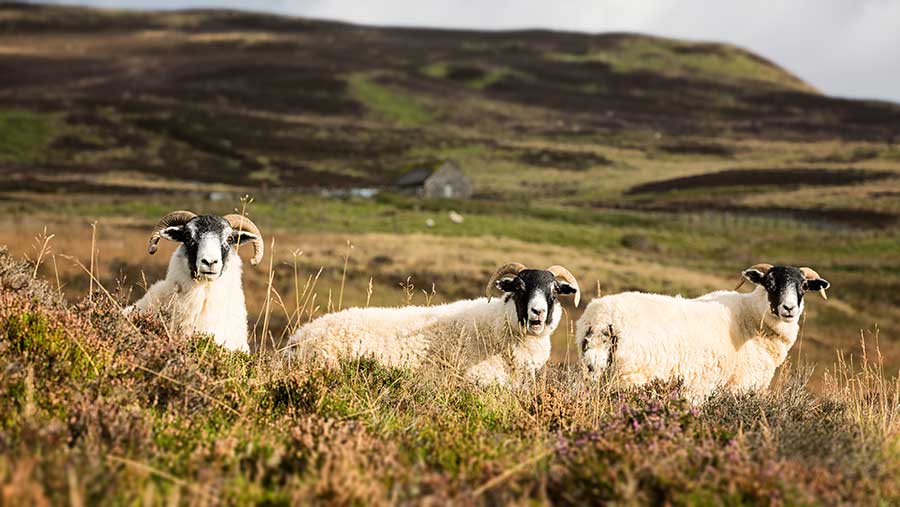Green Highlands MSP prompts anger with destocking calls
 © Rixie/Adobe Stock
© Rixie/Adobe Stock Green Party Highlands and Islands MSP Ariane Burgess has prompted anger with a call for Scottish upland farmers to switch from livestock farming to tree planting and peatland restoration.
The Greens are currently in a power-sharing agreement with the Scottish National Party in the Scottish parliament.
See also: ‘Pitiful’ policy in Scotland is forcing farmers to scale back
In a letter to one of her constituents, seen by Farmers Weekly, Ms Burgess said increasing income from practices that “sequester carbon and enhance biodiversity” would “reduce the need to rely on cows and sheep as a way to generate income”.
She went on to acknowledge cattle benefit the environment “through well-managed grazing, dung and breaking up the soil”, but added: “It is crucial that we identify the most appropriate stocking density for each geographical area.”
Her comments prompted William Moses, who sits on NFU Scotland’s Less Favoured Area Committee, to write an open letter in response.
He said: “I am pleased to read you recognise some merit of cattle in the context of regenerative farming. However, you appear to wish to see this only in a context of predetermined stocking densities, within your remit of formulating agricultural policy. How will that work?
“In some farming circumstances, a policy approach of ‘do what we think is best or you don’t get paid’ is tantamount to financial blackmail, which, as far as I am concerned, runs counter to the core principle of a just transition.”
Mr Moses went on to say the upland grazing system, with its rainy grassland, was the “single most environmentally sustainable form of agriculture.”
But he called into question its economic sustainability, pointing out support for less-favoured areas had been in real-terms decline since before Brexit due to inflation.
The exchange of letters comes amid a climate of fear in Scottish farming communities, with rumours circulating that senior officials inside Holyrood and Green Party MSPs are pushing an “anti-meat agenda”.
